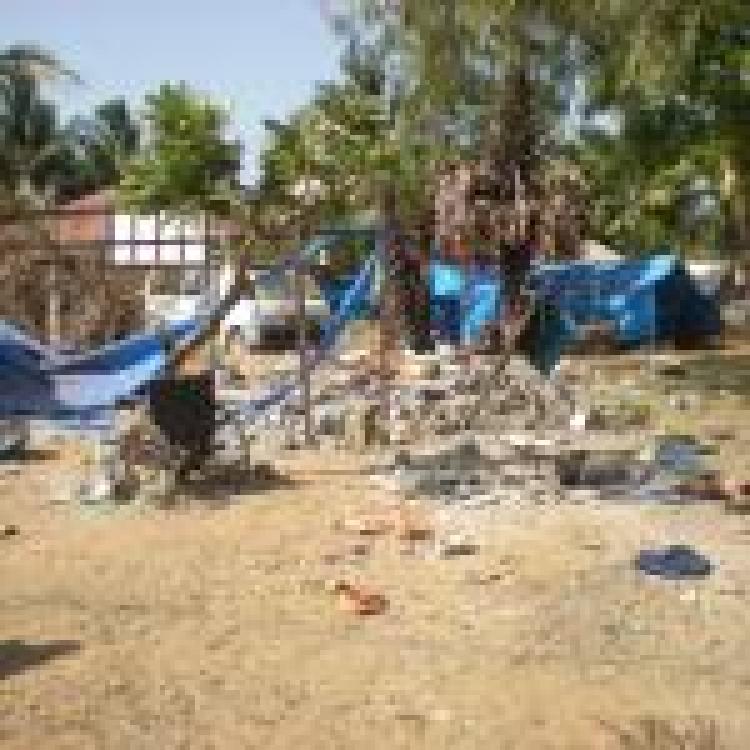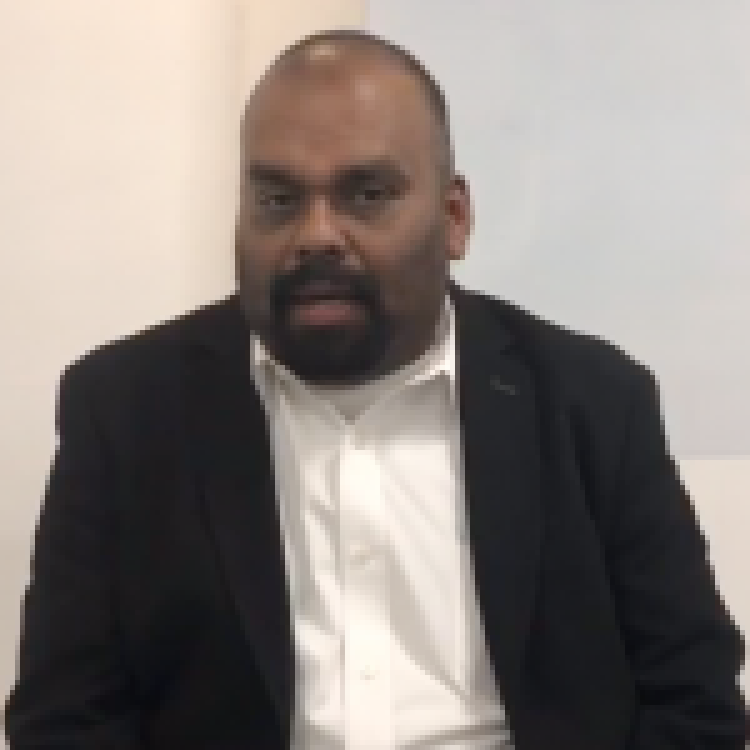
Leading international rights lawyers Yasmin Sooka of ITJP and Rupert Skilbeck of REDRESS spoke about the failure of the transitional process and the need for accountability in Sri Lanka, at a panel discussion entitled “Legal tools in the fight against impunity: the case of Sri Lanka” held by SOAS university's Centre on Conflict, Rights and Justice last week.

Introducing the event, the chair, Professor Mark Laffey, Head of the Department of Politics and International Studies at SOAS university said that May18 marks ten years of "little to no concrete progress” in Sri Lanka, highlighting the killings at Mullivaikkal as the end of the armed conflict.
This sentiment was echoed by Yasmin Sooka, who heads the International Truth and Justice Project (ITPJ), as she said: "Mullivaikkal remembrance marks a low point for the world [...] The international community did not do enough to protect civilians”.
During the last phase of the war, Sri Lankan troops systematically shelled hospitals, no fire zones and committed widespread sexual violence. The UN found evidence that 70,000 people were killed and at least 146,679 were unaccounted for and presumed to have been killed during the government’s final offensive.
Read more here: 10 years today - 'Unimaginable humanitarian catastrophe'

The limited progress Sri Lanka has made has been stunted and the few achievements claimed, such as the establishment of the Office of Missing Person, have been shown to be “unable to deal with criminal accountability” claimed Sooka.
The ITJP has documented the names of at least 293 people who were seen surrendering to the Sri Lankan military and have seen been disappeared. Among those is Father Joseph, who was last seen boarding a Sri Lankan military bus with several LTTE cadres whose surrender he had facilitated.
"We have reached out to the OMP and said "truth lies within your hands" you can subpoena the Sri Lanka commanders who were there on those days to find out about these victims whereabouts. They have failed to act," Sooka said, adding “the OMP has no teeth”.
![]()
Responding to concerns raised over the possibility that the government grant amnesty to those with credible accusations of war crimes, Rupert Skilbeck, barrister and director of REDRESS said, "the position of international law is clear "you can't have amnesty and impunity for crimes against humanity [...] The international criminal court reaffirmed this just last month."
He further stated that the international response must consider financial and economic strategies:
"finances and economics is important as that's where you have an impact [...] What frightens them is not the threat of going to jail but that they will be stopped from sending their kids from going to universities in the UK or US or buying a new house in Dubai”
Read our live coverage here.
The event was accompanied by an ITJP photograph exhibition in the Wolfson Gallery in SOAS Library focusing on the final months of the Sri Lankan war, based on images and testimony from survivors.
At the last UN Human Rights Council Session, in March of this year, the Office of the United Nations High Commissioner for Human Rights raised concerns over the OMP’s lack of results.
Part of this process, the UN Commissioner maintains, is reconciling with and being accountable for past atrocities.
Tamil mothers of the disappeared have been protesting across the North-East for over a year, demanding the Sri Lankan government to release a comprehensive list of all those that surrendered to government forces at the end of the armed conflict in 2009. They have refused to do this.
The conversation also touched upon the on-going human rights violations including reports of torture and sexual violence.
The US State Departs 2018 report on human rights in Sri Lanka document 193 allegations of “physical and mental torture by state actors” from of June of that year. It further stated that "torture by police remained endemic throughout the country”.
There have also been reports of government and security officials engaging in sexual violence “against wives who came forward seeking information about their missing husbands or against war widows who attempted to claim government benefits based on their deceased husbands’ military service”.
The ITJP has urged the UN to suspend the deployment of Sri Lankan peacekeepers and to strengthen its vetting process to avoid these atrocities. This call follows the reported abuses of UN peacekeepers in Haiti.
A UN investigation revealed that 134 Sri Lankan soldiers were alleged to have sexually exploited nine Haitian boys and girls from late 2004 to mid-2007, during a peacekeeping mission in the country.
Far from accountability, “those who were involved in really grave crimes have been posted abroad and rewarded”, said Sooka.
The ITJP has represented victims of torture such as Roy Samathanam.
Read more here: It never does away' says Tamil torture survivor suing Gotabaya



